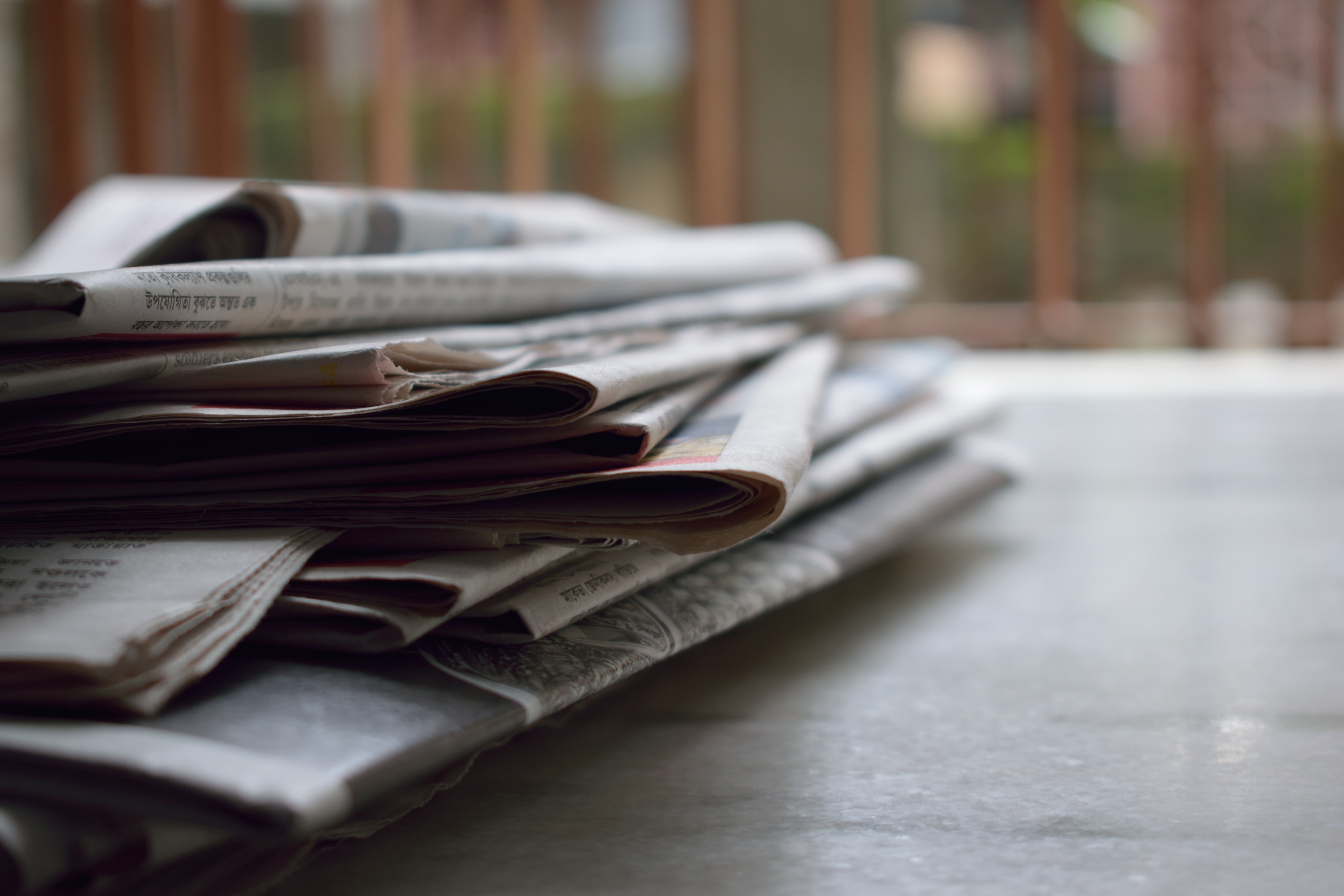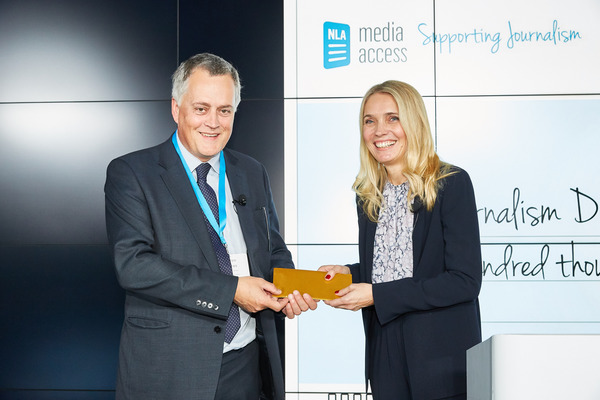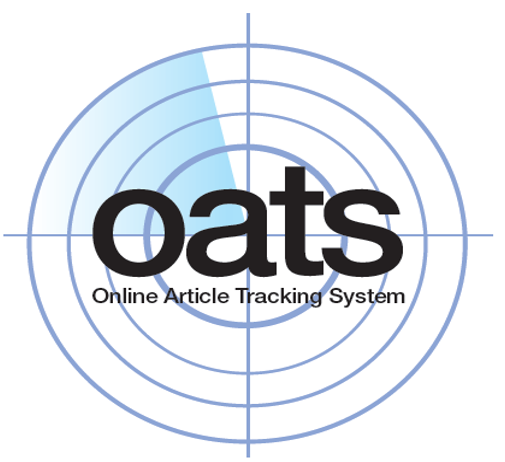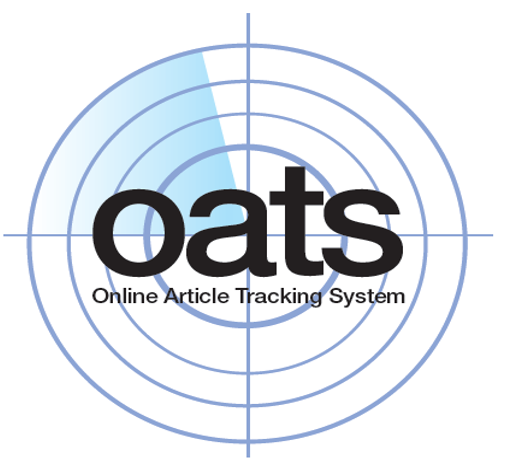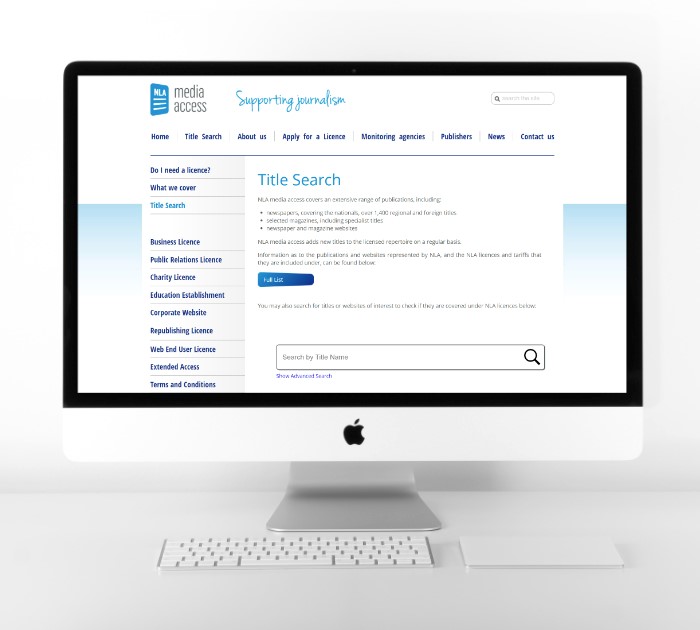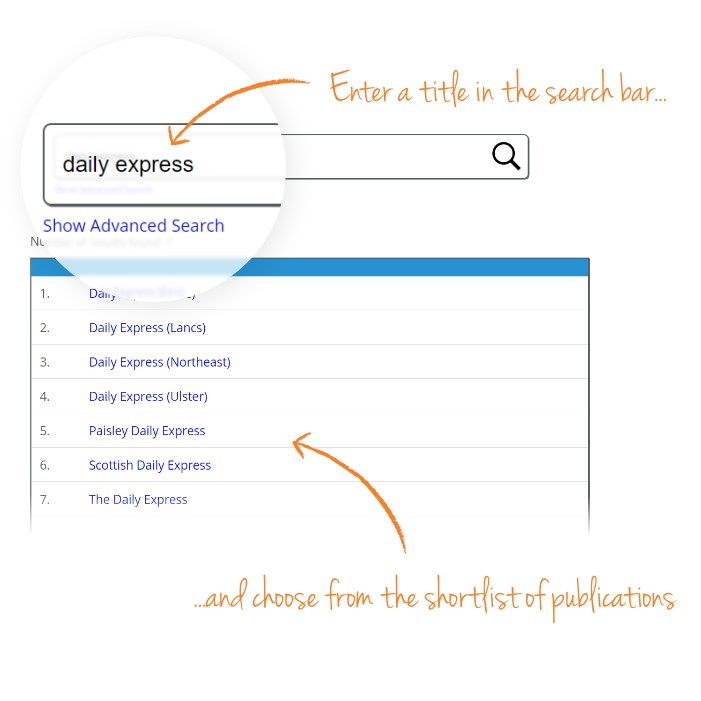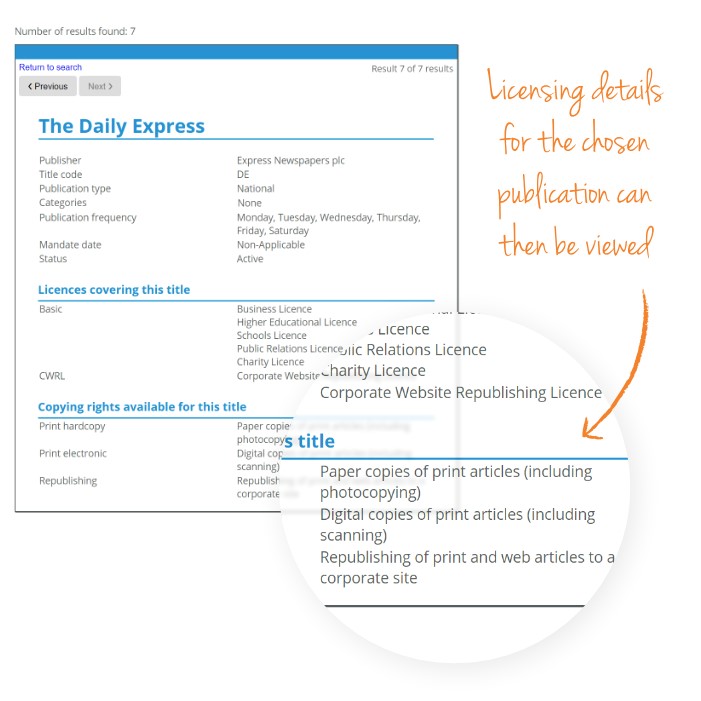 The first week of October saw the 49th FIBEP World Media Intelligence Congress in Berlin, an opportunity for media monitoring companies from around the world to meet, network, exchange ideas and experiences, and listen to a range of talks and panels on areas of interest to the sector. The theme of this year’s congress was ‘Media Intelligence and the New Paradigm of Brand Communication.’
The first week of October saw the 49th FIBEP World Media Intelligence Congress in Berlin, an opportunity for media monitoring companies from around the world to meet, network, exchange ideas and experiences, and listen to a range of talks and panels on areas of interest to the sector. The theme of this year’s congress was ‘Media Intelligence and the New Paradigm of Brand Communication.’
I attended, meeting clients as well as new faces providing the opportunity in getting up to date with the issues that face MMOs, one talk in particular stood out as having interest for those of us who work in publishing; the handling of content and copyright. It spurred me on to go and read up on how this technology can be used in our sector.
The talk in question was given by Dr. Elisabeth Hödl from Ubifacts in Austria and was entitled ‘Solving Trust Issues through Blockchain’.
For the uninitiated (as I was myself a week ago) this blog post by Nik Custodio on Coindesk has the best explanation I have come across: Bitcoin explanation even a five year old will understand. To encapsulate something that is really quite complex into a bitesize blog friendly chunk, it might be helpful to describe Blockchain as a publicly accessible, decentralised ledger - a giant network, which records transactions. Since it allows near instantaneous transfers anywhere in a matter of seconds without the need for banks or the involvement of any authorities, its primary application has been in the financial sectors. (You may have heard about its most famous application – the digital currency Bitcoin for example)
What does it mean for those of us who work in publishing and copyright?
The relevant applications are twofold – one, it has relevance for news sites looking to monetise content (see the New Scientist blog post) and two, as a means to validate content to combat fake news. It’s the latter that I will focus on here.
The democratisation of content in the online age and all its attendant benefits is well documented elsewhere, but it has also brought a sizeable pitfall to the news landscape in the digital age: Verifiability. How can readers be assured that what they are reading online is trustworthy? The most recent, very obvious and noisy icon of the fake news issue is the 2016 US elections during which even the mainstream US outlets engaged in public mudslinging about bias.
A number of start-ups have recently waded into the fray with novel ideas to use Blockchain to combat this very 21st Century problem. Snip and Userfeeds are two of the best known, and aim to utilise that ‘decentralisation’ that I talked about above to help readers navigate the mass of content with open eyes.
Snip, as the name suggests, offers concise news stories, covering a wide range of topics. Snip uses SnipCoin, its proprietary ‘cryptocurrency’ and the community of writers who write the stories on Snip are ‘paid’ in SnipCoins. These can be used by readers and advertisers alike to spend on the platform. The important bit here is that readers can rate content and flag them as erroneous or fake, ensuring that users get to vet the content for other users.
So, what next? As is often the case with new technologies, nothing will happen quickly and there is much work to be done. However, in a world where fake news is a real concern with real impact on revenue lines, the implementation of new technologies like Blockchain to the publishing sector can only be a help. Clearly, whether an article is actually ‘true’ or not, is outside of the scope of Blockchain, but until that point such technology exists, this seems like a very good start.
